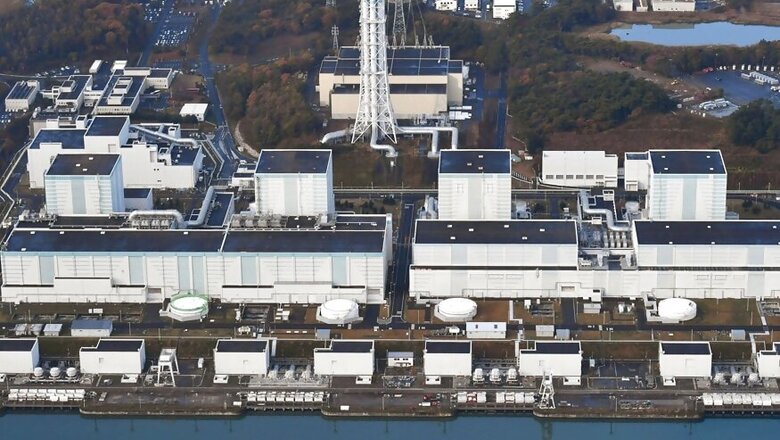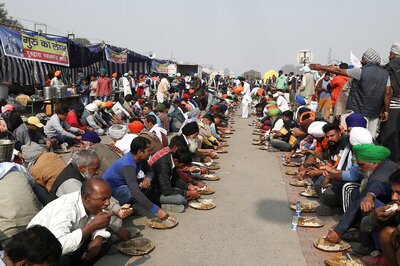
views
Tokyo: The earthquake in northeastern Japan sent people in coastal towns scrambling for higher ground after tsunami alerts were issued in two prefectures, Fukushima and Miygai. The reaction brought to mind the painful memories of the devastating quake, tsunami and nuclear disaster in March 2011 in the same area. People said it brought back those memories, but added they were relieved it was not as horrible as what had happened five and a half years ago. Below are a few of their voices:
___
Katushiro Abe, 47, an official at the Ishinomaki Tourism Association in Miyagi Prefecture, was on an early shift so he was already in his office when the quake struck. But his wife and high school-age daughter had to flee their home.
Luckily, a routine is in place for the residents of the coastal area. His family jumped in their car and drove for about three minutes to the foot of a nearby hill and rushed up it. Similar tsunami alerts have been issued at least two or three times since 2011, and so he wasn't that alarmed and his family was ready.
"The shaking wasn't as big as in 2011, although of course we must be cautious," he said. "We stayed in touch by email," he added of his family.
___
Kazuhiro Onuki, 68, a former librarian in Tomioka, a Fukushima town that became a no-go zone after the 2011 disaster, was staying at what he calls one of his temporary homes in Iwaki, Fukushima Prefecture, when the quake struck.
"It really shook, and there are still aftershocks. And I remembered 3/11," he told The Associated Press by phone, using the numbers Japanese use for the March 11, 2011, disaster.
"It really came back. And it was so awful," he said quietly.
His wife and son were in his other temporary home in Tokyo.
"I was alone, and so I was truly worried. Whether this is an aftershock from 3/11, or whether it's a warning for what is to come, I am extremely worried," he said.
A further reminder of what had happened in 2011, he said, were the reports of problems at the Fukushima Dai-Ni nuclear plant, near Fukushima Dai-ichi nuclear plant, which was hit by multiple meltdowns in 2011. The latest problems were minor and were fixed quickly, but it was not reassuring for Ounki.
"I felt again that we should not have nuclear power," said Onuki. "I am still in the state of being evacuated. And I still have not found a real home. And this reminds me of that more than ever."
___
Daisuke Kida, an Iwaki resident who works for the Iwaki Board of Education, says he rushed to work, a 30-minute drive, to make sure everyone was responding to the disaster warnings.
Residents have become well-rehearsed on disaster drills since 2011, said Kida, who lives with his parents. Some elementary and junior high schools by the coast were going to be closed, he said.
"There was this boom, and a shaking, a swaying to the side kept going," he said, adding it lasted about 30 seconds.




















Comments
0 comment